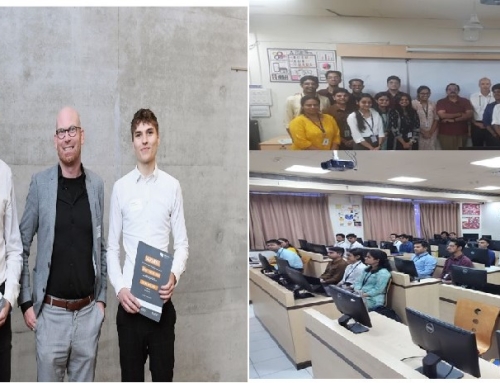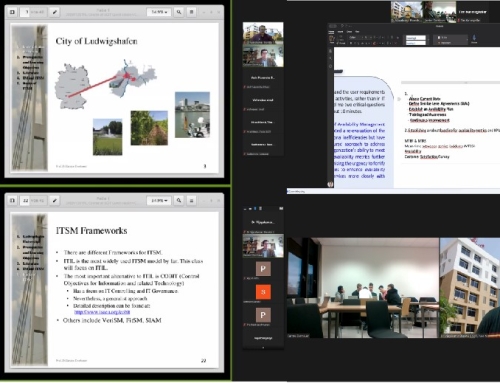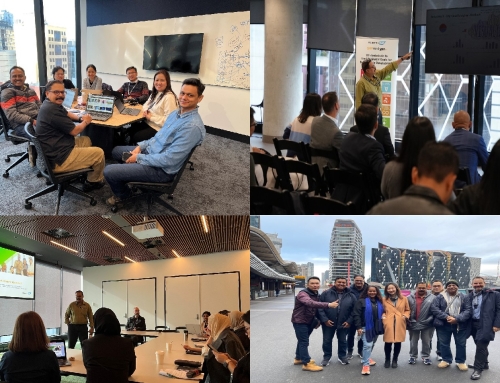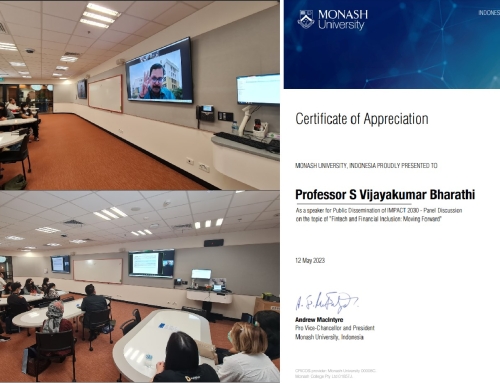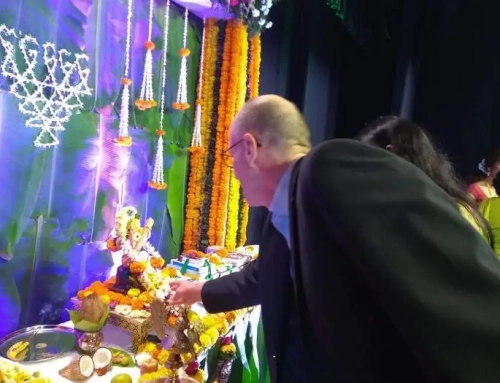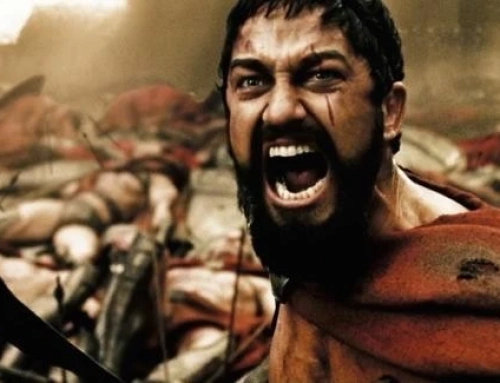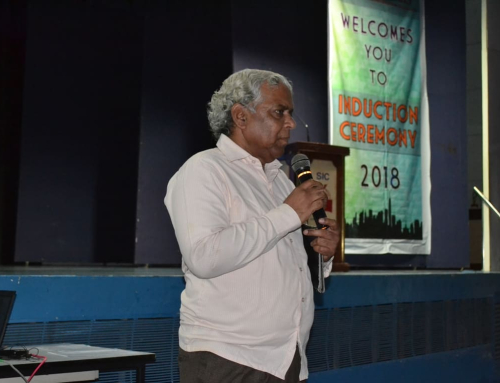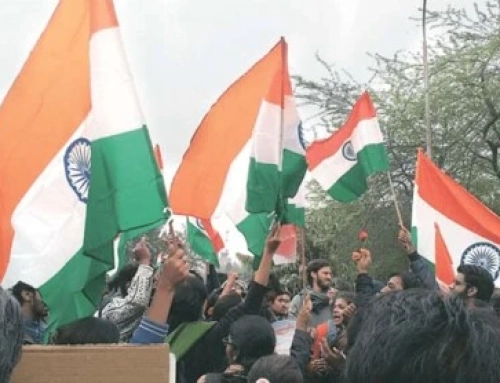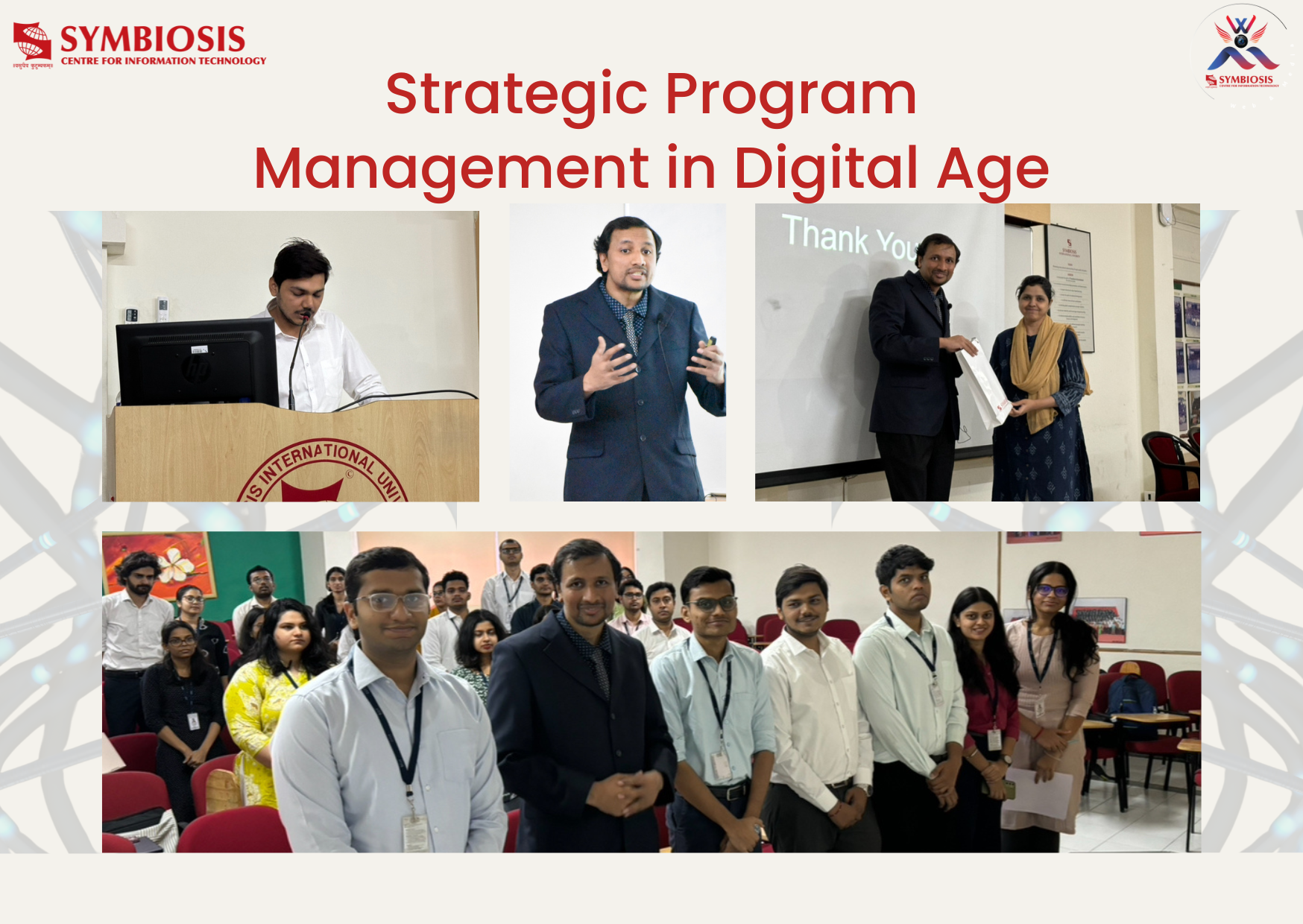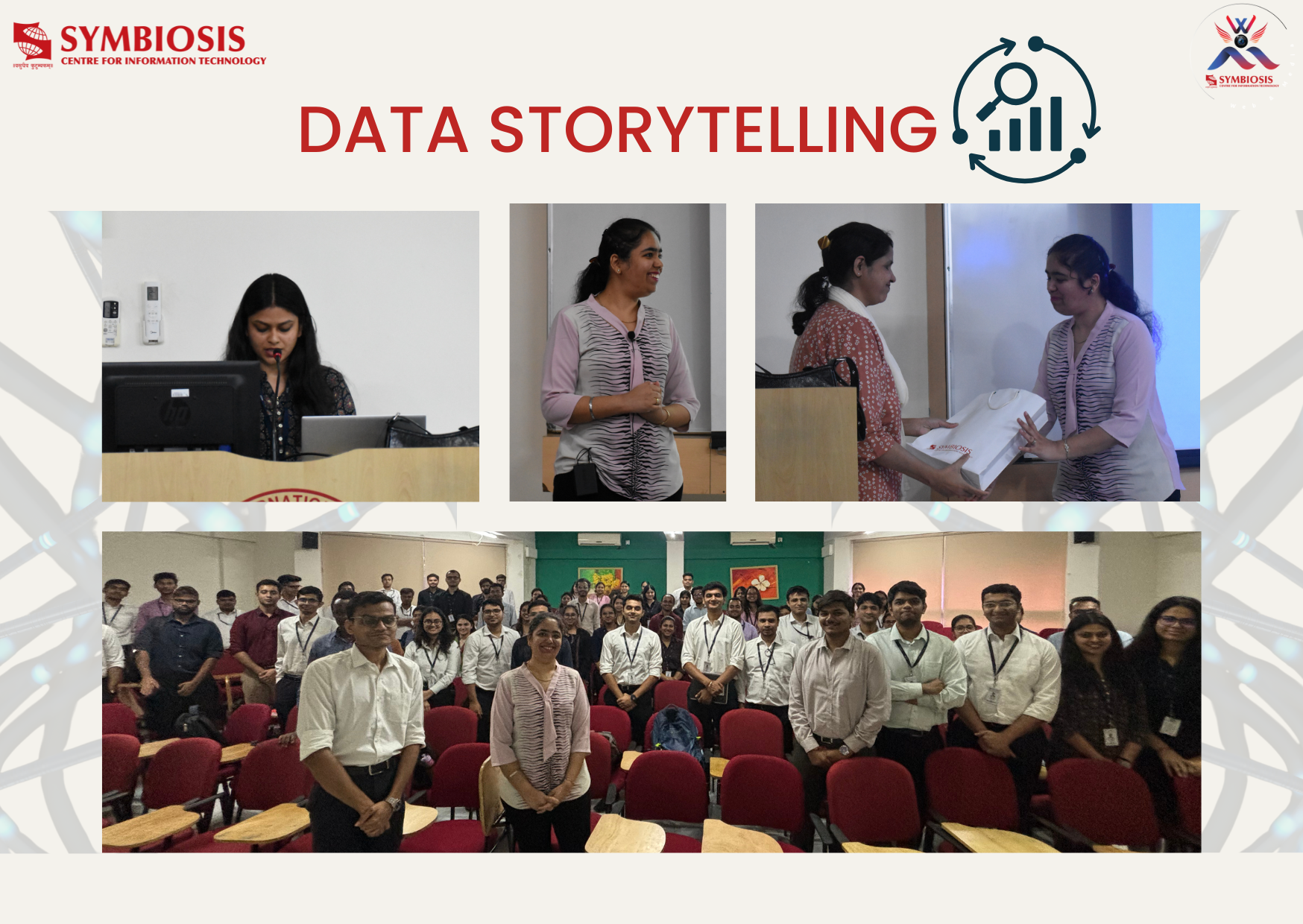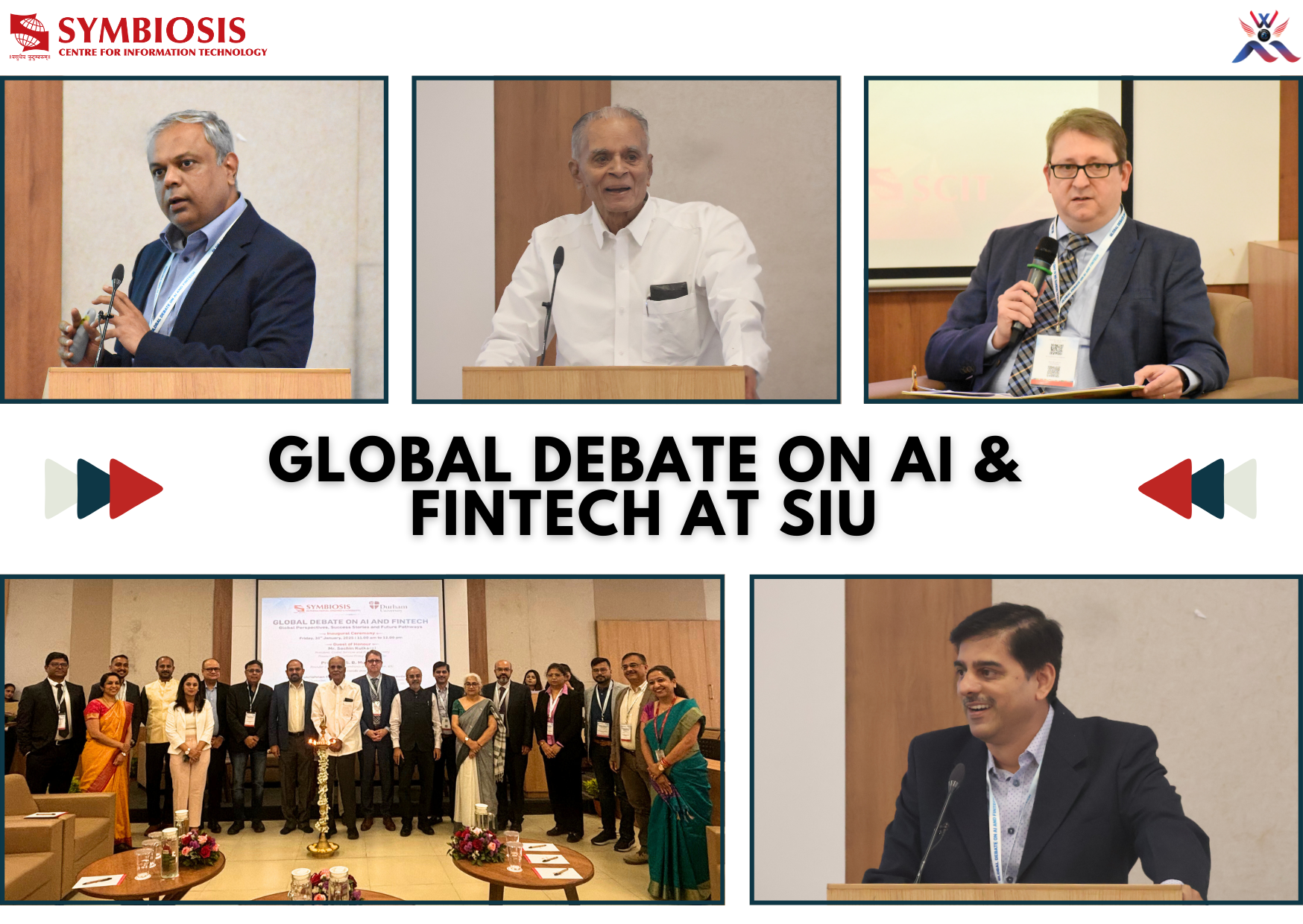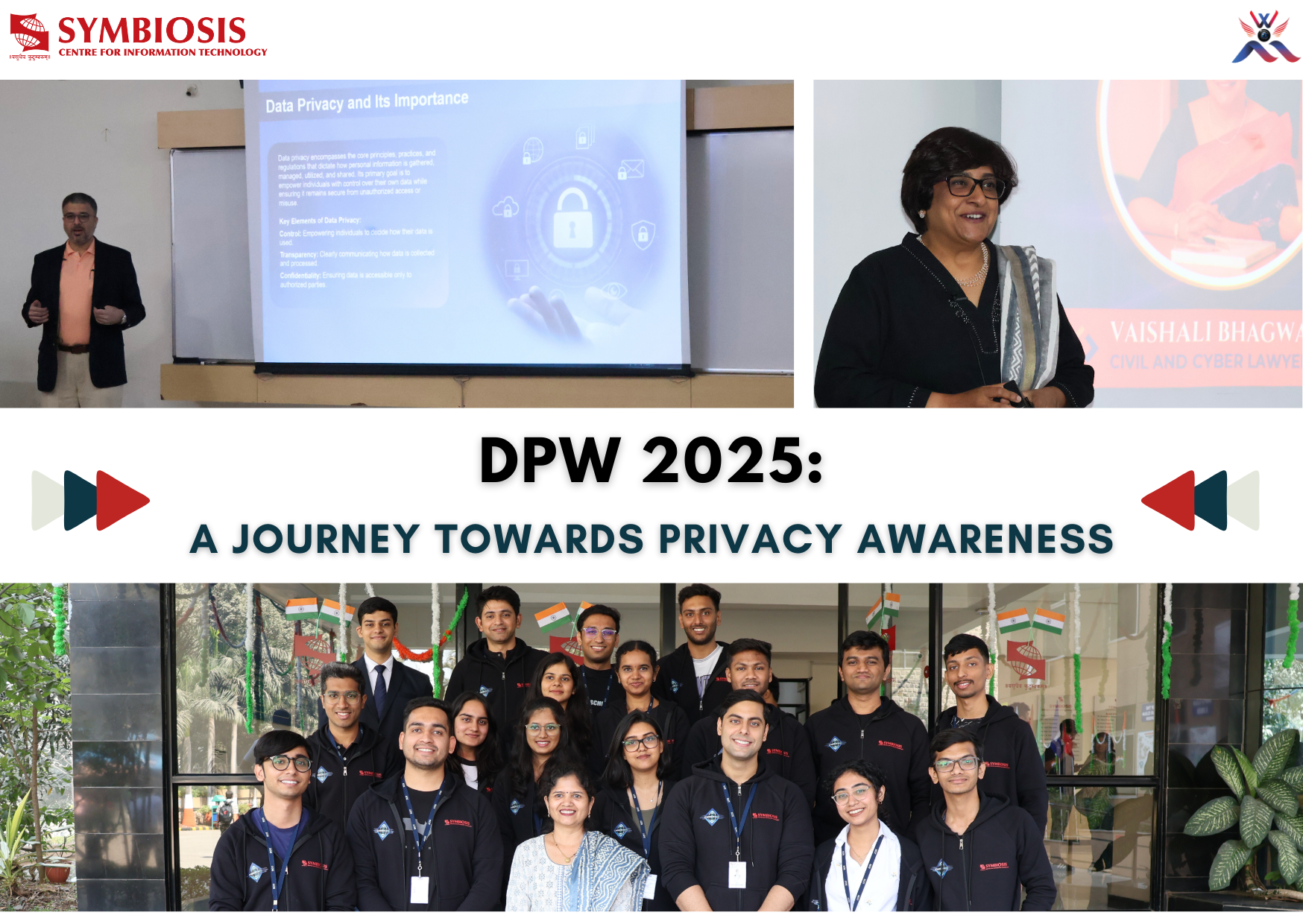Criticisms on Education Systems in India
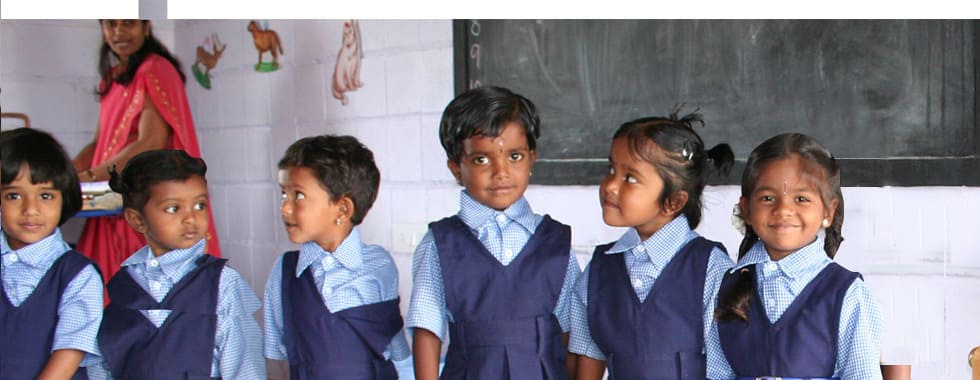
(This blog was co-created by senior students Tarang Raote, Swati Ahuja and Prof. Saravan)
India is a rich country of poor people – this paradoxical statement indeed holds true for our country. Right from our Independence, major efforts have been made to overcome this plight, but to little avail. Illiteracy was the root cause in the early years, but it has been reduced much today. Still, inadequate literacy and vocational skills training continues to be a gargantuan shortcoming, hampering the progress of India.
Indian education is decorated with well-established institutions of excellence which are internationally recognized. But students study only to score marks in exams, and sometimes to crack entrance exams. In recent times, even students scoring high marks are finding it difficult to get into the colleges of their choice. This may be considered as great competitiveness, but such trends exist only in small portions of the population. A large portion of population gets lesser quality education, focused on meaningless learning routines such as ‘memorize and reproduce on paper’ without understanding the concepts or applying critical thinking. To add fuel to fire, modern primary school teaching profession may be heavily commercialized, where more importance is given to private tuitions rather than school or college teachings. Teachers are more interested in making money rather than imparting education into the younger generations.
In rural India, young students are ready for education but are facing a disheartening scene. Unhealthy student-teacher ratio, child labor practices, lack of education in previous generations, poor access to resources and tools of education continue to prolong the rural children’s entrapment in the vicious cycle of poverty. The unbalanced nature of primary school education and commercialization in urban India, seems to negatively affect the sanctity of the learning system. Ancient Indian learning systems followed the ‘Gurukul’ methods. Young children joined the Guru and his family, and learned a variety of arts in a continuous manner. They reached mental maturity in a steady fashion and took up life responsibilities much sooner than modern youth. This could have been the most natural form of education. Perhaps in ancient times life was simpler, when a single set of trade skills provided life time employment. When life was much simpler, people had time to participate more in society related activities. They may have learned better by participating in worldly activities, start a family, support his elders.
Has modernization destroyed the nature of true learning? Is education merely a means of climbing the economic ladder, or does it mean anything more? Is it pursued for social status or is it taken up to develop better people? Does the primary school education system in India fail miserably? What is the way to revive right quality primary school education? Debates are welcome. Happy blogging!

